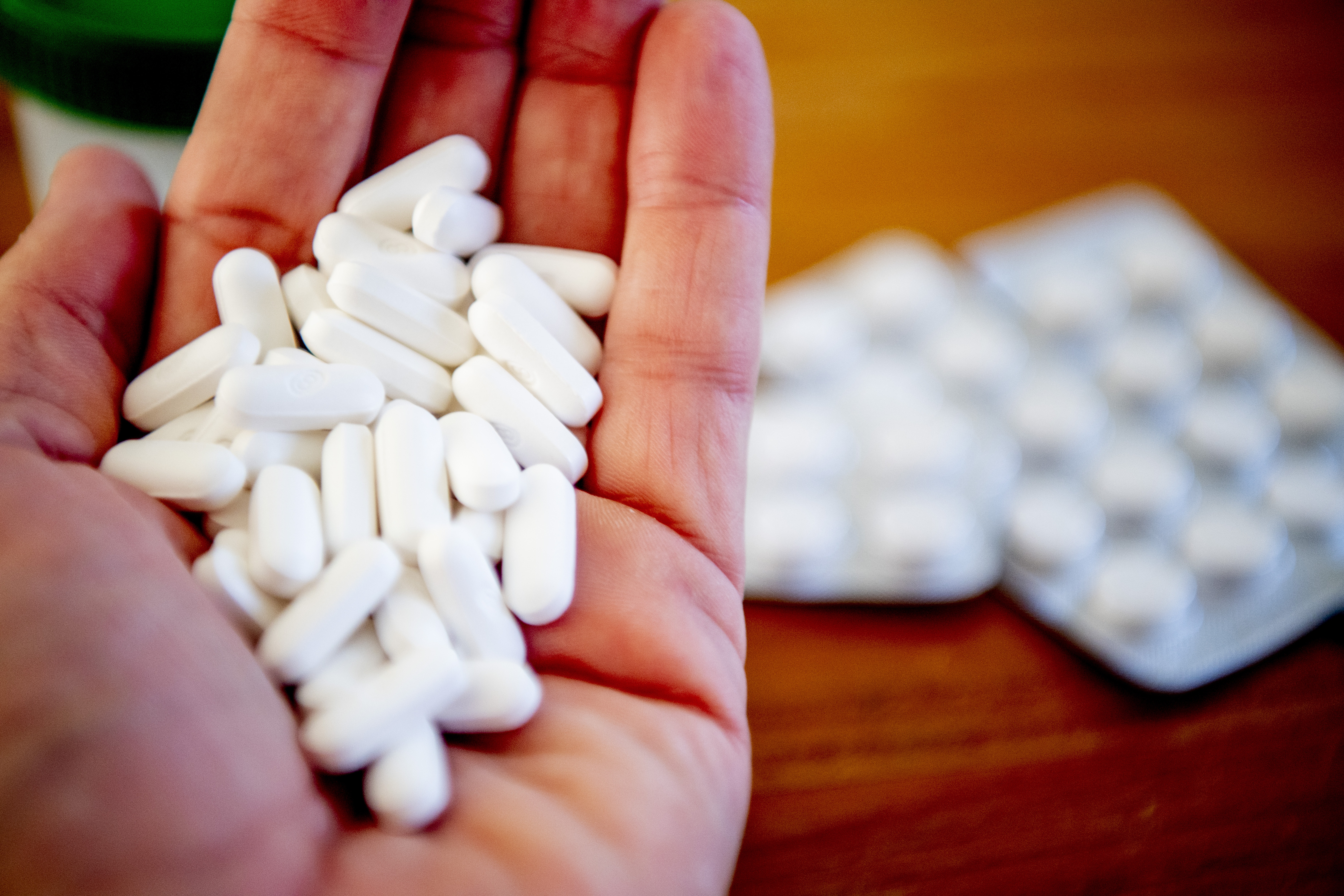Of people who needed care in the past two years, 40 percent experienced (some form of) unnecessary care during that period. This is evidenced by the survey conducted by the Dutch Patients' Union among 11,000 people. According to health economist Xander Coleman from VU University Amsterdam, doctors often do not have enough time to guide patients individually. “But financial incentives certainly play a role, too.”
Unnecessary care versus poor care, the “painful mismatch.”
It is often difficult to objectively determine whether care is truly unnecessary. “But it is known that a lot of unnecessary care is being provided,” Coleman says. “When we talk about unnecessary care, we're talking about medications, repeated treatments, check-up visits, but also a lot of diagnoses,” the health economist says.
Read also | Expected shortage of dentists in coming years: 'A very big problem'
According to healthcare providers, unnecessary care results from protocols and guidelines, “but also because there is a certain modus operandi.” If someone has a specific complaint, the same appropriate treatment is often carried out immediately. According to Coleman, if people indicate that they need something or that they don't need something, they are often already “stuck” in the treatment process. “This way unnecessary care is saved.”
Individual care
Lack of attention to the individual needs of the patient is the main reason behind the problem. If doctors are well informed and choose not to use certain care, these are usually wise choices. This only requires individual attention and extensive consultation between the doctor and the patient. “We call this shared decision making, where the consequences of diagnosis and treatment are discussed and the patient can express his or her preferences,” Coleman says.
“Even if doctors were given more time, this problem would not be solved.”
Doctors often do not have enough time for this, but financial incentives also play a role in this problem. For some treatments, more expensive health care products may be advertised. In addition, some tests are scheduled exactly one day after, or a few days after a particular episode of care. “This means that fees can be charged for a whole new episode of care.” Even if we give doctors more time, we will not get rid of this problem.
Cost sheet
This unnecessary care costs billions. But providing individual care to each patient also costs a lot of money, time and effort. “But ultimately, there is a lot to be gained by stopping low-value care,” Coleman says. It is important to deploy manpower, especially when it is actually needed. “Now there's a mismatch, and it hurts,” Coleman said.
Read also | Working with virtual reality: “Erasmus MC can no longer do without it”
Healthcare has seen this problem for several years. According to a health economist, this research helps, “especially since patients are now pointing it out and want to contribute.” It is important that everyone is on the same page if we are to address this issue at its core.

